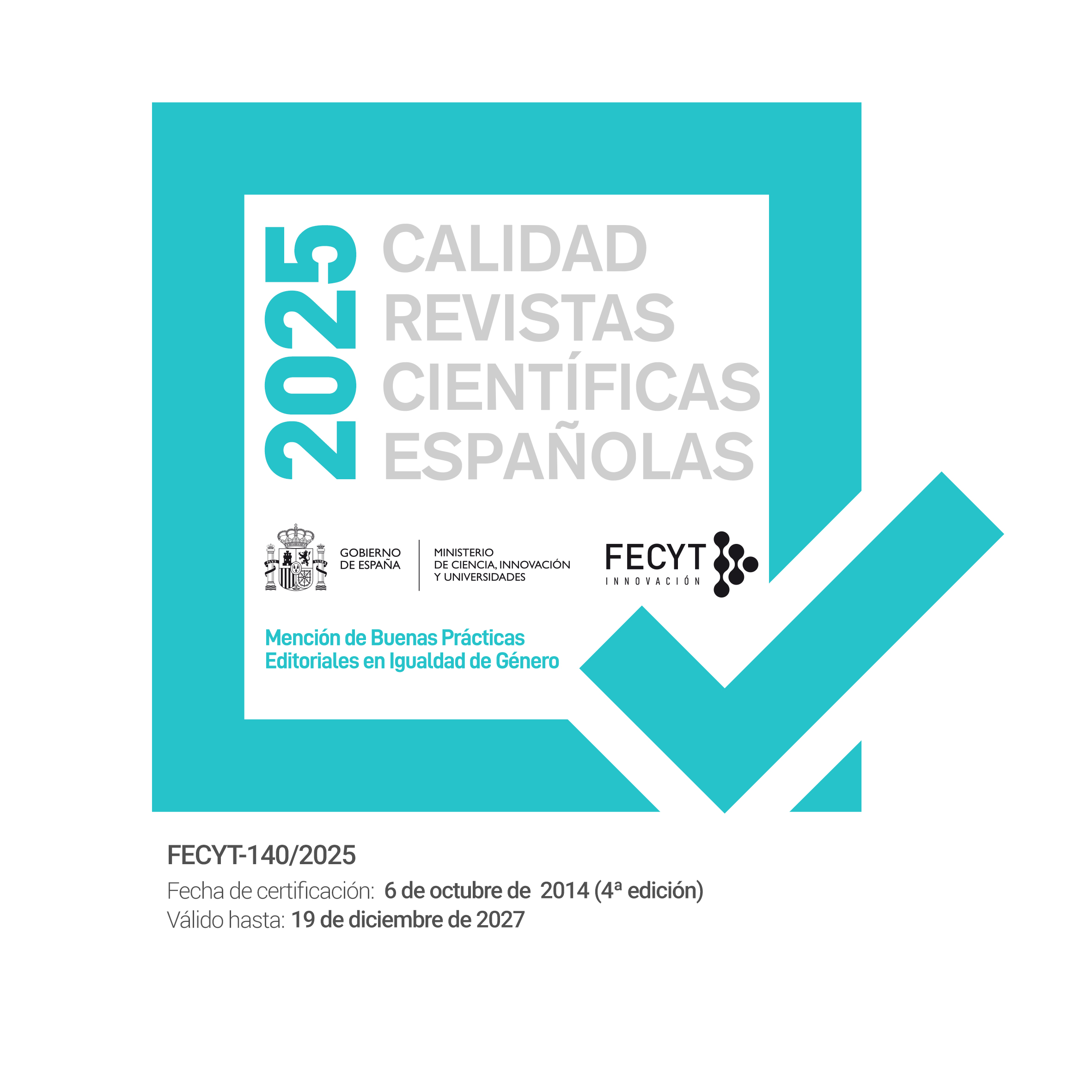PARADIGMA ESTRATÉGICO PARA EL DESARROLLO DE HABILIDADES COMPETENCIALES. ESTUDIO DESCRIPTIVO SOBRE LA VARIABILIDAD EN LA PERCEPCIÓN DE HABILIDADES COMPETENCIALES DE 40 ALUMNOS DE EDUCACIÓN FÍSICA EN FASE DE FORMACIÓN INICIAL
DOI:
https://doi.org/10.5944/educxx1.15.2.140Palabras clave:
Competencias educativas, habilidades competenciales, paradigma estratégico,Resumen
La calidad educativa de los centros de hoy depende del nivel de competencias adquirido por sus educadores (Perrenoud, 2002). En este sentido, debemos apostar por un equipo humano formado por sujetos que sepan superarse permanentemente, aptos para ejercer tareas dinámicas y cambiantes y que compartan alternativas para crecer en todos los sentidos. Más todavía, debemos apostar por profesionales capaces de identificar y dominar los procesos que se deben realizar actuando con decisión y responsabilidad. La adquisición de competencias comporta aptitud y actitud para utilizar conocimientos, más concretamente, habilidades y valores, de manera interdisciplinaria, transversal e interactiva en contextos y situaciones que requieren la intervención de contenidos vinculados a las diferentes áreas del currículum (Lleixà, 2007), sin exclusividad, en este caso, del área de Educación Física. Presentamos una propuesta metodológica, el «Paradigma Estratégico para el desarrollo de habilidades competenciales», cuya ejecución implica comprensión, reflexión y discernimiento, teniendo en cuenta la dimensión social de cada situación. El estudio se ha llevado a cabo en la Universidad de Lleida con 40 alumnos de tercer curso de la asignatura «Educación Física y su didáctica». Se pretende valorar el impacto que provoca la implementación del programa «Paradigma estratégico para la adquisición de habilidades competenciales» sobre sus propias percepciones competenciales intrapersonales, antes y después de la aplicación de dicho programa.
ABSTRACT
The educational quality of schools today depends on the level of competencies acquired by educators. We must focus on the human team, a team made of members that are capable of training and constantly improving their practice, a team that is ready to perform dynamic, changing tasks and whose members share alternatives for resolving all sorts of situations. Even more, they must be able to define and master the processes that they must perform, acting decisively and responsibly, paying attention less to what people might say and more to their own ability to execute, rectify and improve. Acquiring competencies means working on contents, but not exclusively; rather it also means working on the aptitudes and attitudes for using this knowledge, and even more importantly on strategically using skills in an interdisciplinary, transversal and interactive way in different contexts and situations. In this article we present a methodological proposal, namely the Strategic Paradigm for Developing Competency Skills, which ensures attainment of the curricular goals revolving around the skills based on learning how to be and act, learning how to think and communicate, learning how to discover and take initiative, and learning how to peacefully coexist and inhabit the world. Implementation of this model involves understanding, reflection and discernment, bearing in mind the social dimension of each situation not to store more contents but to be strategic and develop competency skills which will consequently increase knowledge, enhance performance, demonstrate attitudes and internalise values.
Descargas
Descargas
Cómo citar
Número
Sección
Licencia
La revista Educación XX1 se publica bajo licencia Creative Commons Reconocimiento-NoComerciaL 4.0 (CC BY-NC 4.0). Se permite la generación de obras derivadas siempre que no se haga un uso comercial. Tampoco se puede utilizar la obra original con finalidades comerciales.










